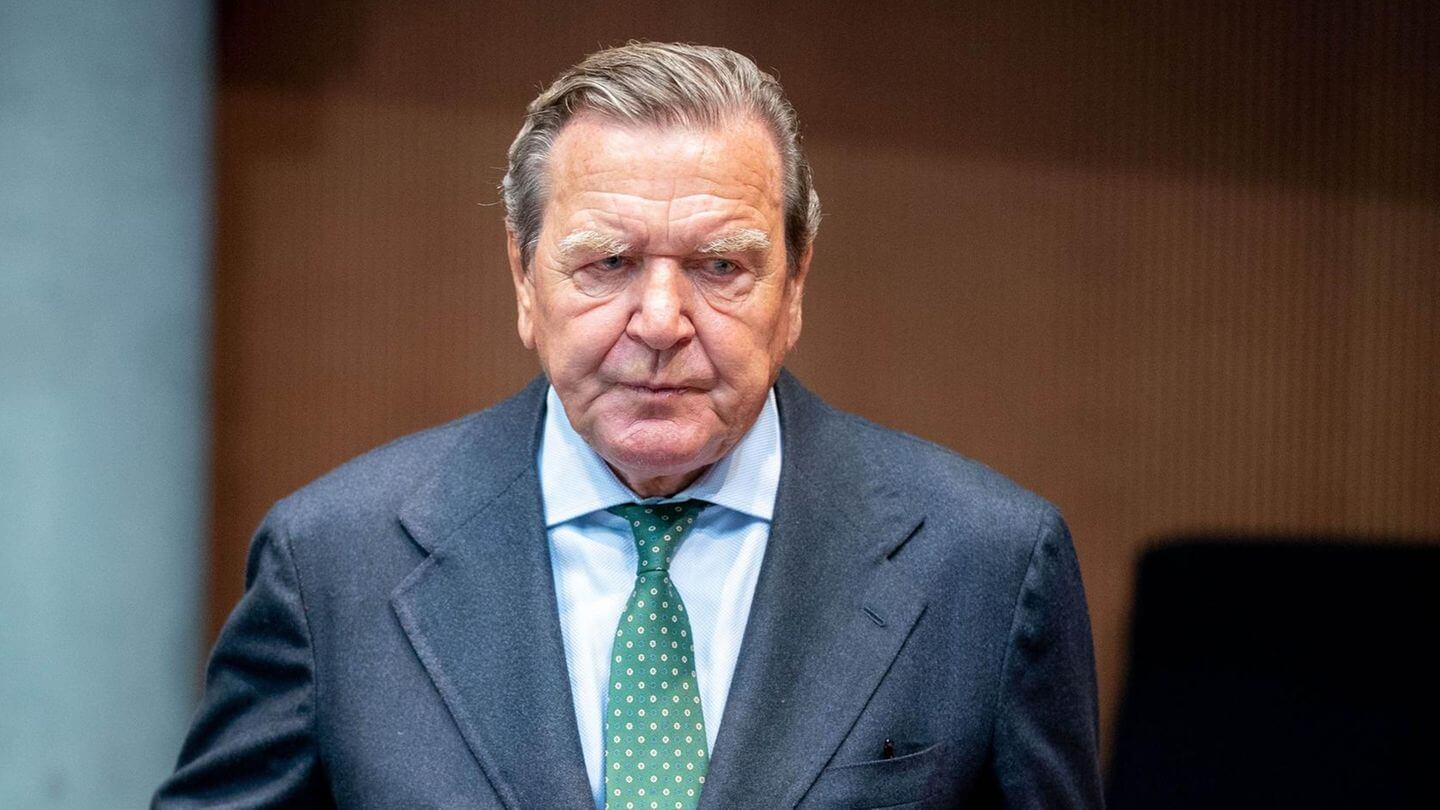Former German Chancellor Gerhard Schröder has come under intense criticism over his ties with Russia, with the ruling coalition led by Chancellor Olaf Scholz planning to strip him of his post-office privileges.
The proposal read: “endowment for former federal chancellors should in the future no longer be status-related, but should be based on the continuing the obligations arising from their office,” adding, “The budgetary committee observes that former Chancellor Schröder no longer carries out any duties that result from his former office.”
“The office will therefore be closed,” the parties’ joint motion read.
In an interview with Welt TV, Finance Minister Christian Lindner said that it was unacceptable that a former Chancellor who is now “openly doing lobby work for the criminal rule of Vladimir Putin is still given an office by taxpayers.”
The proposal to revoke Schröder’s privileges was presented as part of the draft budget proposal to the German Parliament’s budgetary committee on Tuesday. Under the proposal, Schröder’s office and staff privileges worth $425,000 would be revoked but he would still be entitled to an annual pension of roughly $105,000.
It is customary for German chancellors to receive a state-funded office, pension, and staff for political work once they step down. However, following the Russian invasion of Ukraine, critics have slammed Schröder, in office from 1998 to 2005, for not condemning the Russian invasion of Ukraine or distancing himself from Russian President Vladimir Putin, whom he considers a close aide.
In fact, Schröder previously called for an investigation into the Bucha massacre but said he didn’t believe the orders could have been given by Putin.
The 78-year-old is also a chairman on the supervisory board of Rosneft and Gazprom and has been closely involved in the Nord Stream and Nord Stream 2 gas pipeline projects.
“Schröder is just a lobbyist for Russian state companies," said Green MP Sven-Christian Kindler - explaining the govt parties' decision to strip the former chancellor of his office and staff in the German Bundestag. https://t.co/adjW5QlwFJ
— Guy Chazan (@GuyChazan) May 18, 2022
To this end, the parliament’s draft text revealed that the Chancellor has also been “strongly encouraged” to leave his posts at the Russian companies.
Schröder’s own Social Democrats party, which is also the party of current Chancellor Scholz, has asked him to resign and has threatened further actions. Furthermore, much of his staff resigned en masse back in March. According to the new proposal, his remaining staff will be tasked with shutting the office down, with the government preserving his files for state archives.
Dismissing criticism levelled against him, Schröder has maintained that his ties with Putin are a “valuable channel of communication.” In a recent LinkedIn post, Schröder called for an end to “terrible war,” but also said mistakes have been made by both sides—Moscow and the West. He said, “Looking to the future, care must be taken not to completely cut the political, economic and civil society ties that still exist between Europe and Russia.”
European Parliament supports sanctions against former German Chancellor Schröder. European top politicians will think twice before accepting jobs from dictators in the future.
— Daniel Freund (@daniel_freund) May 19, 2022
Furthermore, in an interview with The New York Times last month, Schröder refused to apologise, saying “it’s not my thing.”He also claimed that “Putin is interested in ending the war.”
Given this evident refusal to distance himself from Putin and Russia, Martin Huber, the general secretary of the opposition party, noted that Schröder is damaging Germany’s reputation and taxpayers shouldn’t pay for such a damaging figure.
The German Parliament is expected to adopt the proposal on Thursday.
You know what the craziest thing about all this is? If Putin hadn't invaded Ukraine again, Schröder would still be treated like any other former Chancellor in Germany despite working on behalf of the Kremlin. He'd be on red carpets, in talk shows and advising politicians. https://t.co/0BuFjqgw5p
— Marcel Dirsus (@marceldirsus) May 19, 2022
Meanwhile, the European Parliament (EP) seeks to include Schröder in its latest sanctions, “targeting European members of the boards of major Russian companies and politicians who continue to receive Russian funds.”
In fact, on Thursday, the EP passed a resolution that calls for sanctions on “European members of the boards of major Russian companies and to politicians who continue to receive Russian money.”

